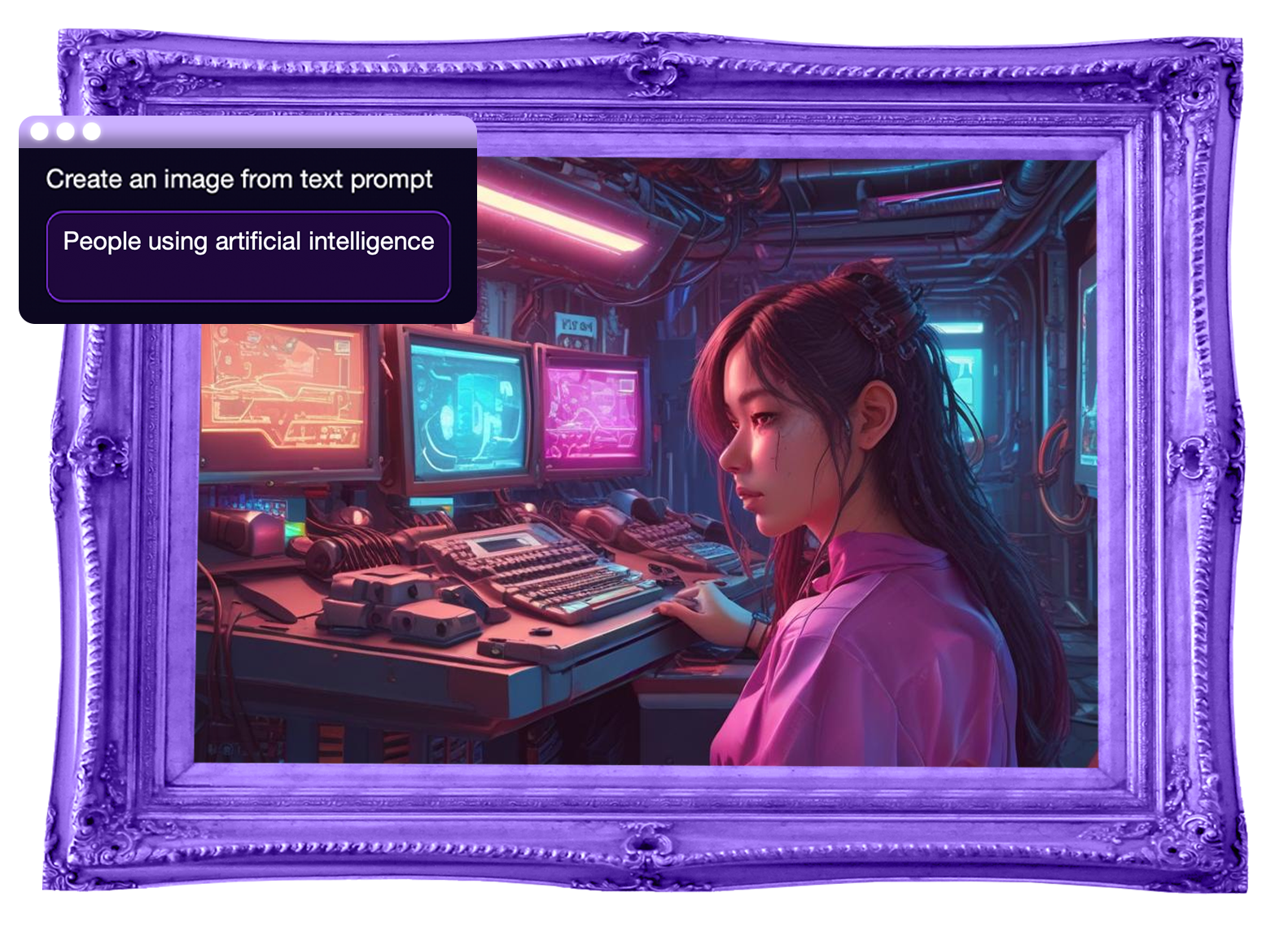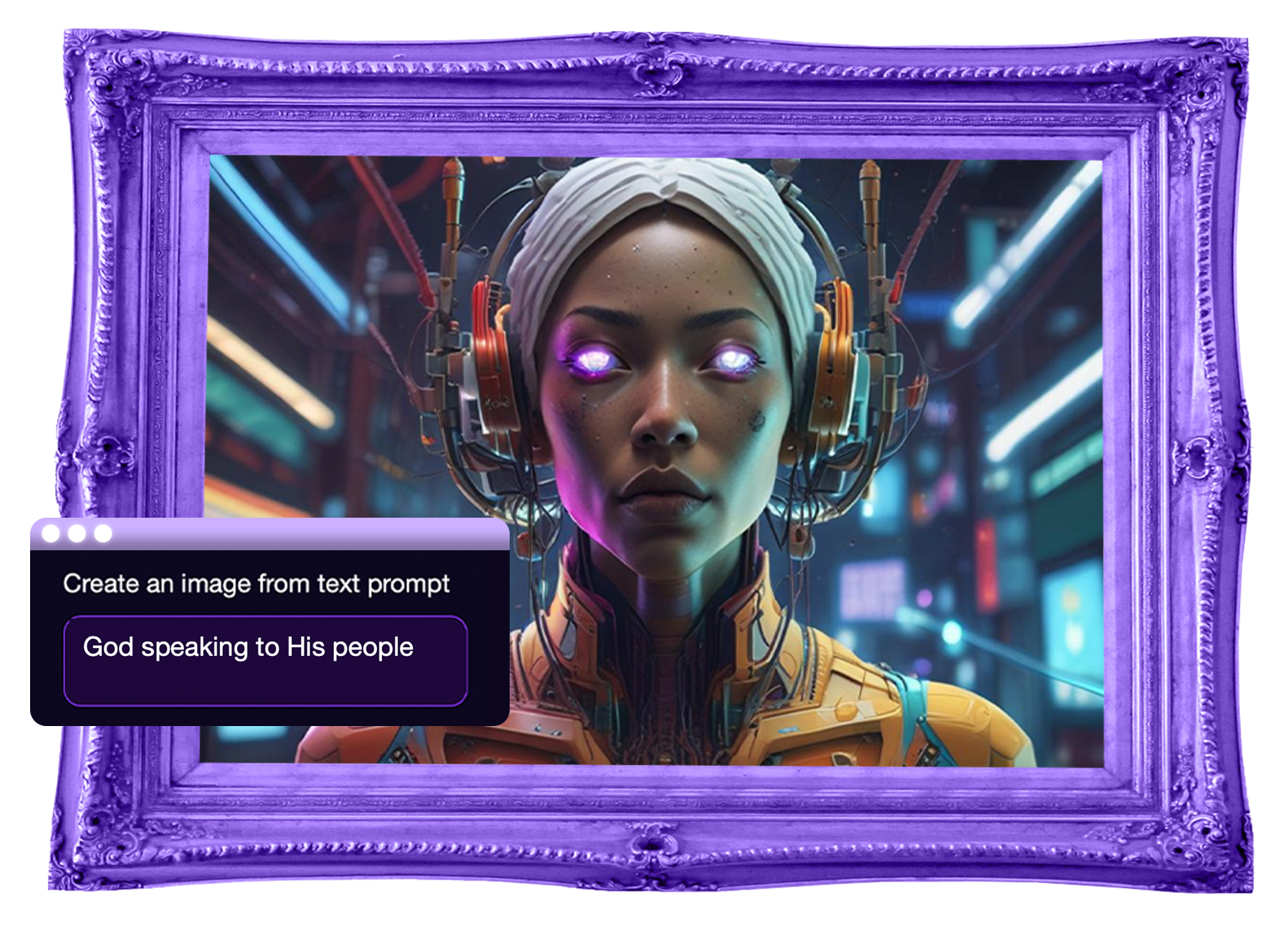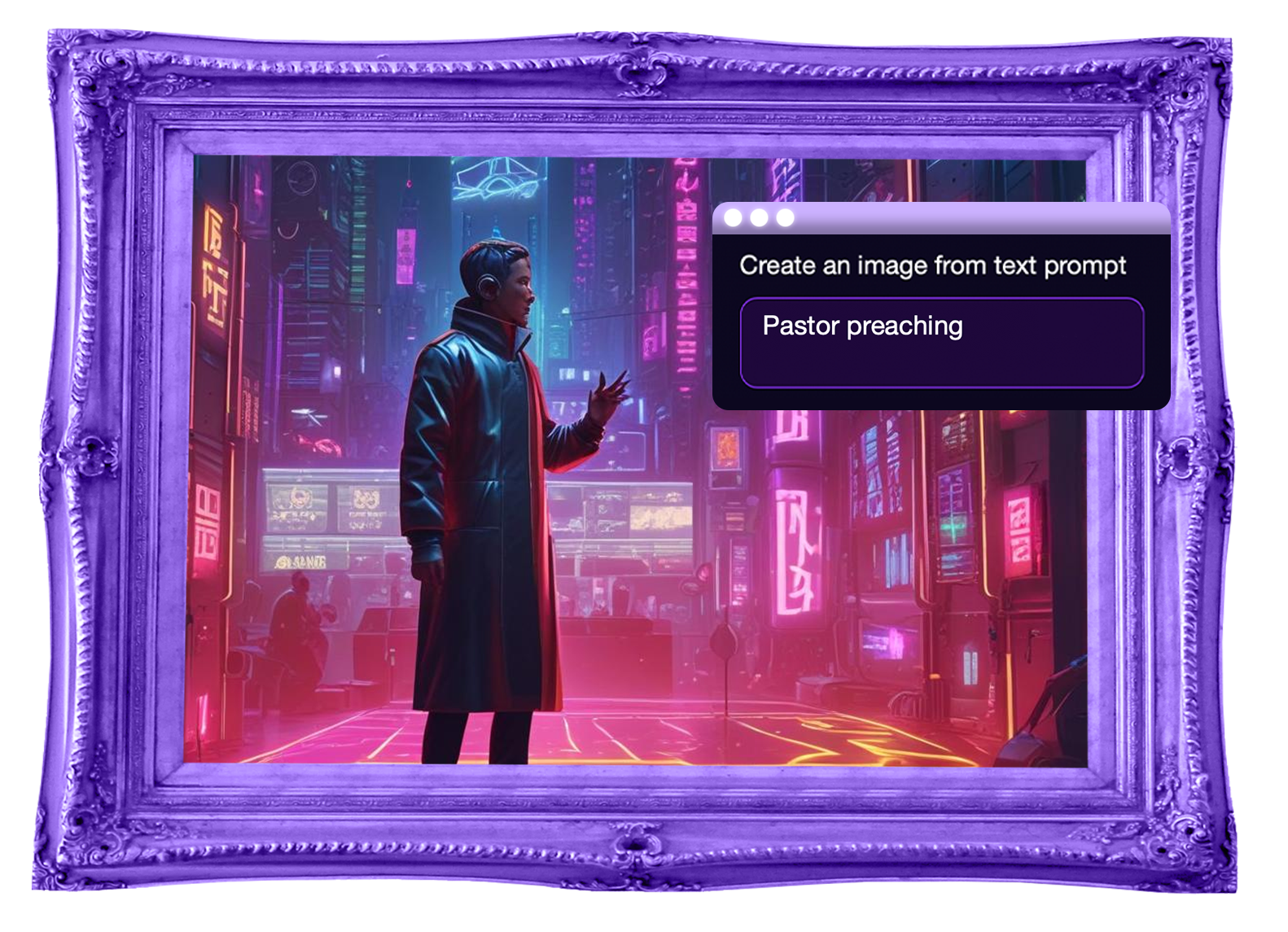Artificial intelligence (AI) is broadly defined as a computer system that simulates human intelligence processes. Whether we like it or not, AI has permeated many aspects of our lives. For instance, Face ID and the many navigation apps we use all rely on AI.
But this article focuses on a more niche part of AI – generative AI. Generative AI is a subset of AI. It is capable of generating text, images and other data. Generative AI are things like ChatGPT or Photoshop’s “generative fill” feature. More recently, OpenAI has also introduced its text-to-video AI mode, Sora.

For many, it has become normal to ask ChatGPT to draft our emails or write an essay for us without a second thought. Worryingly, it has become more and more difficult to differentiate between what has been created by humans and AI.
In fact, this entire article could have been written by ChatGPT. Would you even know the difference? But before you get the plagiarism checker out, I’ll have you know that this article was indeed written by a human hunched over her laptop.
What’s the big deal?
A church in Germany has already experimented with a ChatGPT-powered church service where there were over 300 attendees.
However, this was not met without controversy; some people remarked that the service lacked a heart and a soul, while others did not have as many qualms.
The use of generative AI in the church is going to be a controversial topic.
For instance, how would you feel if your pastor’s church sermons relied heavily on ChatGPT? Would you be weirded out? Outraged?
We need to look at why we feel that way about emerging technology. For instance, if we are uncomfortable with the use of generative AI in the church, it might be because we feel that such technology supplants God’s ability to speak to us. But is that true?
Regardless of how we feel, it is good to take a step back and ask ourselves what it really means for God to speak to us.

Can God speak through AI?
We know that God speaks to us primarily through His Word (Hebrews 4:12-13). But that’s not the only way we can hear God’s voice; we read in Scripture that God also speaks through…
- His Word (Hebrews 4:12-13)
- Humans and prophets (1 Samuel 3:11, Acts 8:26, Hebrews 1:1)
- Dreams, visions, prophecies (Joel 2:28; 1 Corinthians 12:1-11)
- Signs and wonders (Exodus 3, Exodus 19:9, 1 Kings 19:12)
- Parables (Matthew 13:1-9)
- Animals (Numbers 22:28)
And this list isn’t even exhaustive. So, having seen how God doesn’t limit Himself in the ways He speaks to us, it helps for us not to try and box Him up.
Today, the world looks more than a little different from the past. We have the internet, social media, mobile phones, movies – things that didn’t exist when the Bible was being written.
But this does not mean God cannot speak to us through these new mediums, such as a certain article on a Telegram channel or a post on your Instagram feed.
So let’s not be too quick to say God cannot speak through generative AI. We should consider that AI can generate content based on Scripture, which could serve to make God’s Word more accessible.

Likewise, social media and other forms of technology can also be conduits for God to speak to and through us.
That said, regardless of whether God speaks through AI, that does not mean we can just blindly trust and use AI to our liking. The reason for that is because AI cannot live up to God in two main ways.
Where AI falls short
Humans are created in the image of God (Psalms 139:13-14).
We reflect God’s nature through the qualities and capabilities He has bestowed upon us. Things such as creativity, relationships and emotions make us human.
Obviously, AI is not human. As such, a core difference between humanity and AI is that AI can never know and love God firsthand.

Generative AI may be able to craft theologically sound sermons, but it cannot relate to the congregations’ needs with a wisdom imparted from God into the soul.
It can perhaps even allow for personalised prayers or devotional plans. But a life of faith cannot be built based on information.
Joanna Ng, an AI researcher, writes that Christians need transformation through the Holy Spirit and fellowship with our brothers and sisters in Christ (Hebrews 10:25).
AI cannot replace that or meet those needs.
Other than failing to truly emulate human qualities, generative AI cannot replace the Word of God.
2 Timothy 3:16 states that all Scripture is given by inspiration of God, and is profitable for doctrine, for reproof, for correction, and for instruction in righteousness. The keyword here is “all”.
Thus, when we use AI or any other technology such as search engines, they are less superior than opening the Bible itself. This is because AI is simply about the statistical probability of past events occurring.
…would you not agree that whatever God speaks directly to us is better than what AI puts together?
For example, when you ask ChatGPT to write a sermon on Jesus’ resurrection, it will take into account the sermons it has been fed that are on the same topic. The AI will then calculate how many times certain phrases have been used as well as the corresponding probability of words appearing beside each other.
Hence, AI generates a pattern that simply mimics other sermons. But it would never have the creative flair or personal voice of a pastor writing it firsthand, from a life spent in God.

Apart from simply mimicking past sermons, AI incurs risks that Danah Boyd and Kate Crawford call “apophenia” in their research paper.
Apophenia refers to seeing patterns where none exist, simply because large quantities of data can offer connections that radiate in all directions.
Thus, AI can generate entirely wrong connections. If misused in a church setting, it could produce results that might even be considered blasphemous.
With that said, would you not agree that whatever God speaks directly to us is better than what AI puts together?
AI is not our new God
If we look at the bigger picture, the heart of the matter is how and why we are using AI.
Most of the time, our usage of AI stems from a desire for efficiency. In the name of pragmatism, we turn to AI to help us cut down the workload we need to do.
There’s nothing inherently wrong with efficiency or AI, but using technology should not come at the expense of making it our god.

Humanity’s fallen and sinful nature means we run the risk of corrupting AI as we use it.
Turning our Bibles to Genesis 11:1-9, we see how humans attempted to reach the heavens and amass knowledge and power by building the Tower of Babel.
In the end, the Tower was destroyed and God scattered the people. AI is much like that. If we choose to run amok with it because of our pride and ambition, we risk making AI our god.
That sort of total dependence crosses into idolatry; God makes it clear that we are to worship Him and Him alone (Exodus 20:3-5, Psalms 115:4-8).
The apostle Paul also warns that those whose desires and minds are “set on earthly things” are destined for destruction (Philippians 3:19).
Our society today is enthralled by the digital world. Social media, television shows, and YouTube are all things that entice us and could inevitably cause us to place excessive trust in such things.
We need to be careful that the things of this world do not dethrone God from His rightful place in our lives.
Jesus at the centre of it all
We will always need to rely on God’s wisdom and direction by keeping Jesus at the centre of everything that we do (Proverbs 3:5-6, James 3:17).
Tools like ChatGPT or Photoshop are undeniably useful, especially when it comes to media. Even youth pastors from my church find that having a skeleton to work with whilst crafting sermons is helpful. I’ve personally found AI helpful in developing game ideas for church camps.
Consider also, how quickly AI can help to translate the Bible into other languages – that’s incredibly helpful for missionary work.
For these reasons, I believe that AI has its benefits and can be used for the Kingdom of God. But at the end of the day, it is crucial that we allow Jesus – not AI – to dictate what we do and say.
As I was wrapping this article up, I read a paper by the National Council of Churches of Singapore which brought me additional perspective on AI.
The paper’s encouragement was that believers should always shape technology with human dignity and the common good in mind; it is paramount to foreground ethics at the centre of our discussions and doings regarding AI.
I hope we do that. And even while we do not fully know the ways in which generative AI will go on to evolve, let us remember that it does not and cannot replace God.
And so, what matters is what we choose to do with AI. Will you choose wisely?
- What have you used generative AI for?
- Do you agree with the use of AI in ministry?
- How can you ensure that the tools you use glorify God?









